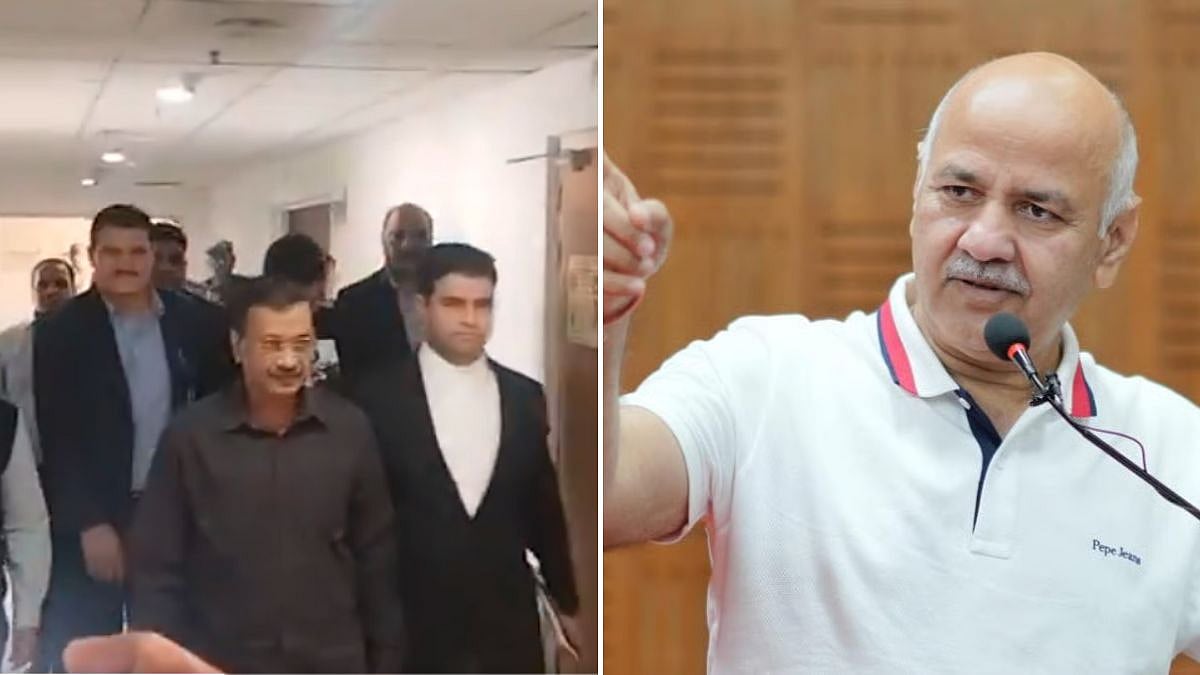At a time when the National Educational Policy (NEP) seeks to extend compulsory education to children aged 14-18, a quarter of rural youngsters in this cohort cannot read simple text, while more than half cannot solve basic arithmetic problems, according to the Annual Survey of Educational Status (ASER) 2023 report.
Findings of the survey
The survey found that while most of rural adolescents in this age group are part of the formal education system, many of them lack fundamental literacy and numeracy skills and the ability to use their education in everyday situations. There has been little improvement in the learning levels of this population since they were surveyed by ASER in 2017.
The latest edition of the nationwide survey, annually carried out by Pratham Education Foundation and its ASER Centre, focuses on 14 to 18 year olds in rural India. In addition to their reading and mathematical abilities, the study also looks at their enrolment in schools and colleges, participation in the workforce, awareness and use of digital devices as well as their aspirations. As many as 26 rural districts in 24 states were surveyed, with 34,745 youths participating in the study. The findings were released on Wednesday.
Gender gap among 14-18 year olds is 0.2%
The study revealed that while near-universal enrolment is achieved at the primary school level (Class 1 to 8), which corresponds to children aged 6-14, a little over 13% of 14-18 year olds have dropped out, with the proportion of out-of-school children rising with the increase in age. The overall gender gap in this cohort enrolment is minuscule – 0.2% points more boys are enrolled in education institutes than girls.
In ASER 2017, which had also looked at 14-18 aged population, the proportion of out-of-school youngsters was only slightly worse at 14.4%, though the gender gap was more prominent (4.1% points). The researchers, however, said that the two surveys cannot be directly compared, as they involve different sets of districts and varied questionnaires.
The report said that the majority – 55.7% – of the young people in Class 11 or higher are enrolled in the arts/humanities stream, with fewer females (28.1%) enrolled in the science stream than males (36.3%). Only 5.6% of surveyed youth report taking vocational training or other related courses currently. A higher percentage of males (40.3%) than females (28%) report doing work other than household work for at least 15 days during the preceding month, with most of them working in agriculture-related activities.
26.4% of youths cannot fluently read Class 2-level text in their mother tongue
The surveyors found that as many as 26.4% of the youths cannot fluently read Class 2-level text in their mother tongue, with girls doing better than boys. Only a little over half (57%) can read sentences in English, of which three-quarters (73.5%) can tell their meanings.
Only 43.3% of 14-18 year olds were able to solve a three-digit by one-digit division problem correctly, a skill they were supposed to acquire by Classes 3 and 4. Males tend to do better in arithmetic and English reading than girls, according to the survey.

Fundamental skills among youngsters have shown signs of improvement in last 6 years
The fundamental skills among youngsters have shown signs of improvement in the last six years. In 2017, the proportion of 14-18 year olds who could not read was 23.4%, while those who could not divide were 43.1%.
"This is a worrying situation. While earlier the poor literacy and numeracy skills were blamed on poverty, this isn’t the situation any more. We need to find a solution to bring adolescents up to speed," said Farida Lambay, co-founder of Pratham.




